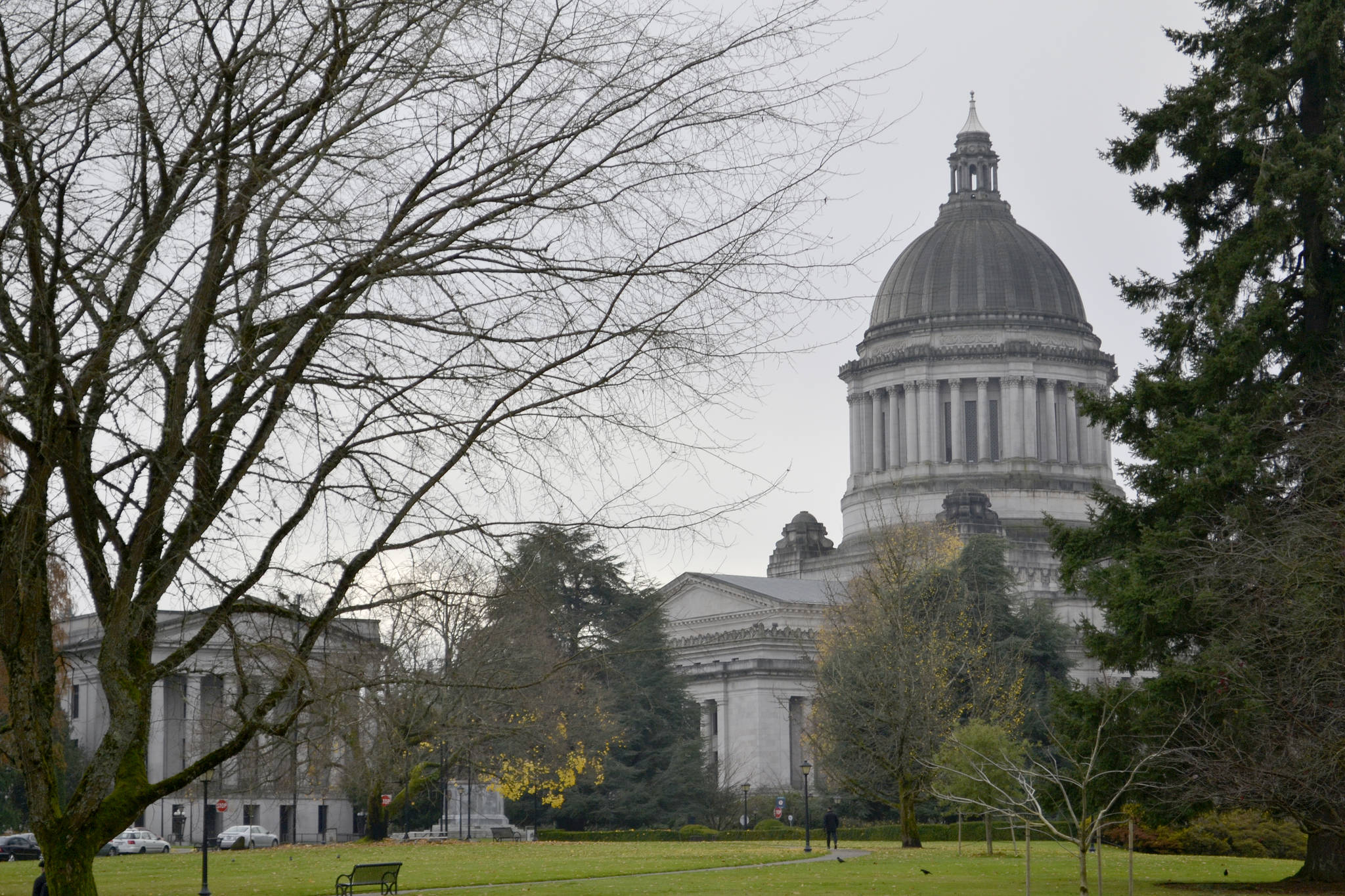Legislators are once again pushing for an across-the-board manufacturing tax cut that was vetoed during the previous legislative session by Gov. Jay Inslee.
The bill, which is sponsored by four Republicans and two Democrats, would lower the manufacturing business and occupation tax rate by 40 percent over four years, according to proponents. The reduced rate would be equal to that paid by Boeing and other aerospace companies as a result of a roughly $9 billion tax cut that was approved in 2013 with bipartisan support and the governor’s signature.
The legislation is identical to a manufacturing tax cut that was approved by both Democrats and Republicans—it passed the Senate by 33-16 and the House by 83-10—during last year’s contentious budget negotiations. Gov. Inslee used his line-item veto power to scrap the tax cut, arguing that it was agreed to quickly and without public scrutiny.
Primary bill sponsor Sen. Michael Baumgartner, R-Spokane, and other Republicans contend that last year Inslee agreed to the tax cut but suddenly reversed his position and vetoed it without warning.
“Inslee went back on the agreement to include the bill and did a double cross and lied and vetoed the bill,” said Baumgartner. “Regardless of Jay Inslee being a liar, it was part of the bipartisan budget agreement and it’s good policy.”
“I think there’s still that level of support for it on both sides of the isle,” said Sen. John Braun, R–Centralia, a lead GOP budget negotiator during last year’s session.
He added that the governor is now in an “awkward position” because of his veto of a bipartisan bill and that “he did not do himself any favors and cast a cloud over this legislation.”
Inslee has gone on record in the past saying that neither he nor any of his staff ever agreed to the tax cut, and that it was passed without adequate public scrutiny and input.
“These tax reductions should be considered in a thoughtful, transparent process that incorporates public input and business accountability,” he said in his veto letter last year.
Jaime Smith, an Inslee spokesperson, wrote in an email that the Governor’s Office hasn’t reviewed Baumgartner’s proposal yet.
Twenty-three Democratic House representatives last summer co-signed a letter to the Governor imploring him to veto the tax cut several days before he killed it.
Despite such dissent last year, the tax cut still has bipartisan support.
“I was pushing to have that as part of the budget deal last year. So I was just as frustrated as the other side of the isle when it got vetoed,” said Sen. Mark Mullet, D-Issaquah, a co-sponsor of the bill.
Deputy Senate Majority Leader Andy Billig, D-Spokane, said any potential manufacturing tax cut should have provisions in it that require manufacturers to produce jobs in Washington state, similar to requirements in the Boeing taxcut, that lets the tax cut expire if certain products aren’t produced in the state.
“I’m not against doing it. I’m saying, if we’re going to do it, and say ‘we’re doing it because we need to be equal to what Boeing is doing,’ then we should make it equal to what Boeing is doing and have some accountability provisions,” Billig said. “We’ve got some differing opinions in our caucus but I think the prevailing opinion is that if we’re going to do tax exemptions, they have to have accountability.”
He added that it’s too soon to tell if the bill has legs.
Sen. David Frockt, D-Seattle, said the general notion of reducing taxes for manufacturing has support in the Senate Democratic caucus.
“My colleagues and I would like to have a lower manufacturing rate,” Frockt said.
This report was produced by the Olympia bureau of the Washington Newspaper Publishers Association.



